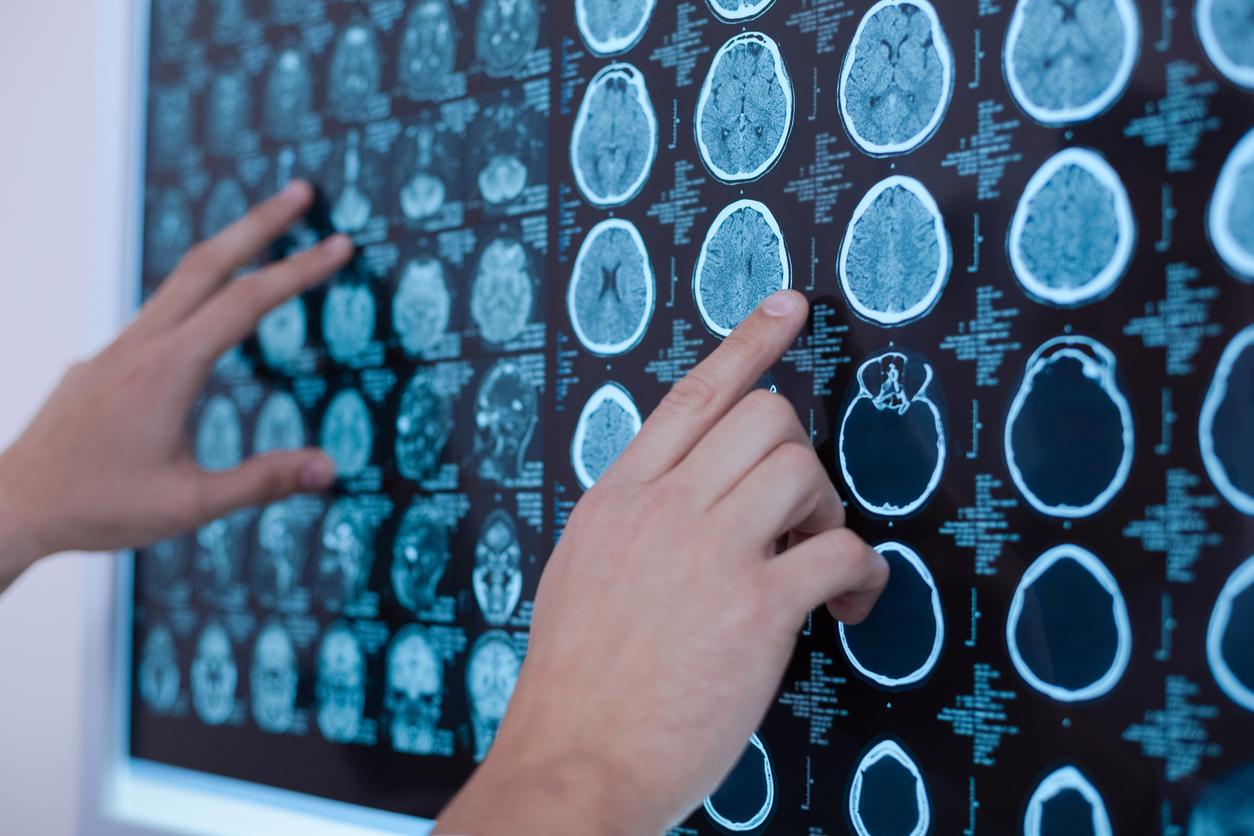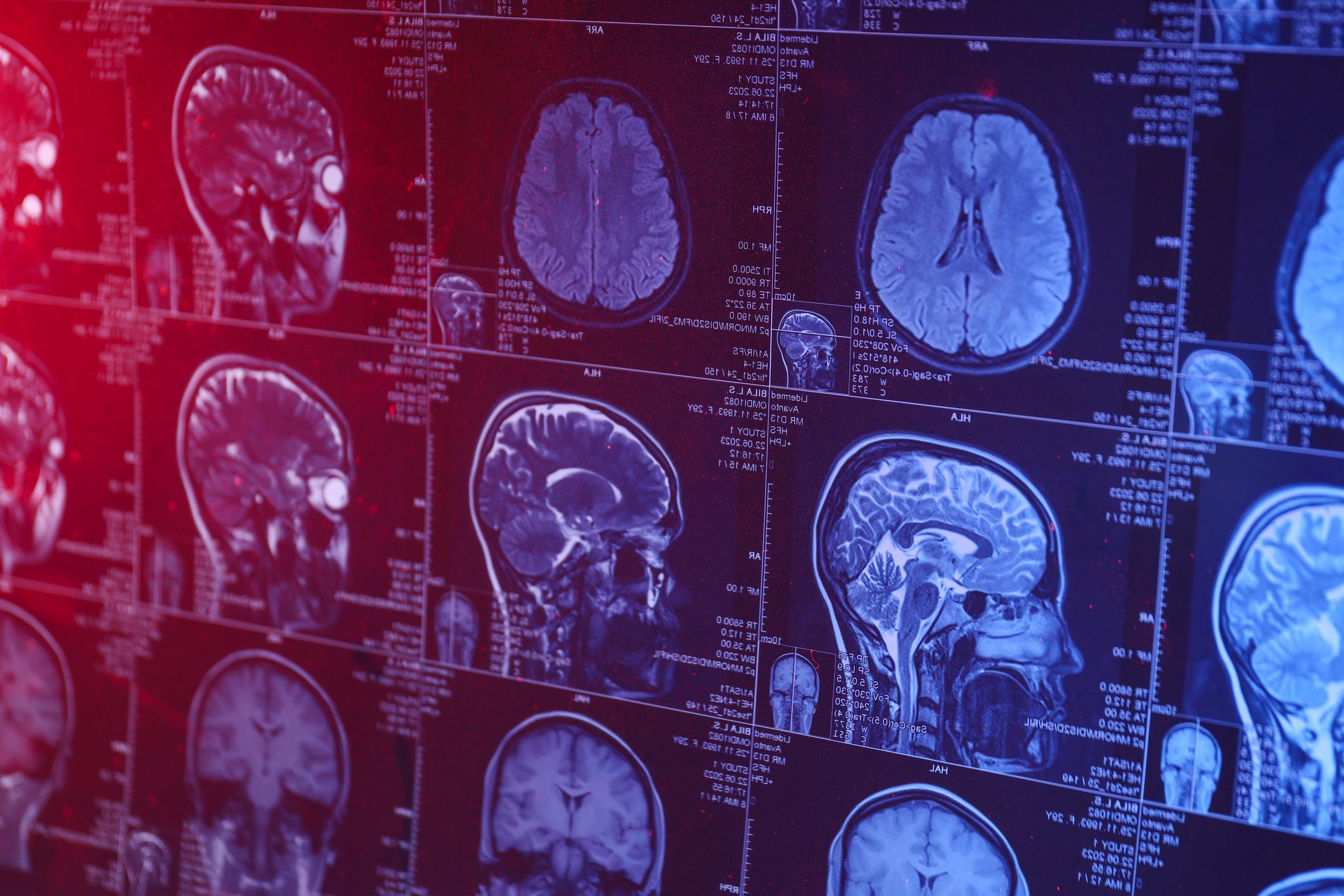Poverty and low socioeconomic status cause brain changes, which are linked to behavioral, pathological, and developmental consequences.

- Poverty is associated with poor diet, chronic stress and environmental risks (such as pollution and inadequate housing conditions).
- These factors, resulting from low socioeconomic status, impair the functioning of the amygdala, which can lead to the development of psychopathological disorders.
- Additionally, impaired hippocampal and cortex functions were linked to delayed learning, language development, and poor academic performance.
We know: the lack of resources and material means affects the living conditions of the people affected. For the first time, an international team of researchers has presented an overview of the impact of poverty and low socioeconomic status on the brain (the cortex, hippocampus, amygdala and neurotransmitters) and behavior (including educational level, language development, development of psychopathological disorders).
As part of their research, published in the journal Reviews in the Neurosciences, the scientists started from an observation made by previous work. These have shown that due to a lack of resources, poverty and low socio-economic status (involving income, occupation, education level and living conditions) are associated with poor diet, exposure to socio-environmental risks, such as pollution and inadequate housing conditions, as well as high levels of stress.
Prolonged stress resulting from poverty ‘may reduce the growth of new neurons’
According to the data, these psychological and physical injuries resulting from poverty and low socioeconomic status impact the development of several areas of the brain and neurotransmitters. Indeed, “Prolonged stress can reduce levels of neurogenesis, the growth of new neurons, in the hippocampus, which can impair learning abilities and negatively affect educational attainment and career opportunities later in life. life”explained authorswho examined all of these elements in this new study.
They also observed that an alteration in the functioning of the amygdala could lead to the development of psychopathological disorders. “This in turn perpetuates poverty among children, who will become parents, leading to a vicious cycle of poverty and psychological/physical impairments,” can we read in the works.
Targeting neural abnormalities in childhood to “enhance economic equity”
According to the team, in addition to providing economic assistance to economically disadvantaged families, interventions should target neural abnormalities caused by poverty and low socioeconomic status in early childhood. “Importantly, recognizing brain abnormalities due to poverty in early childhood can help strengthen economic equity.”

















